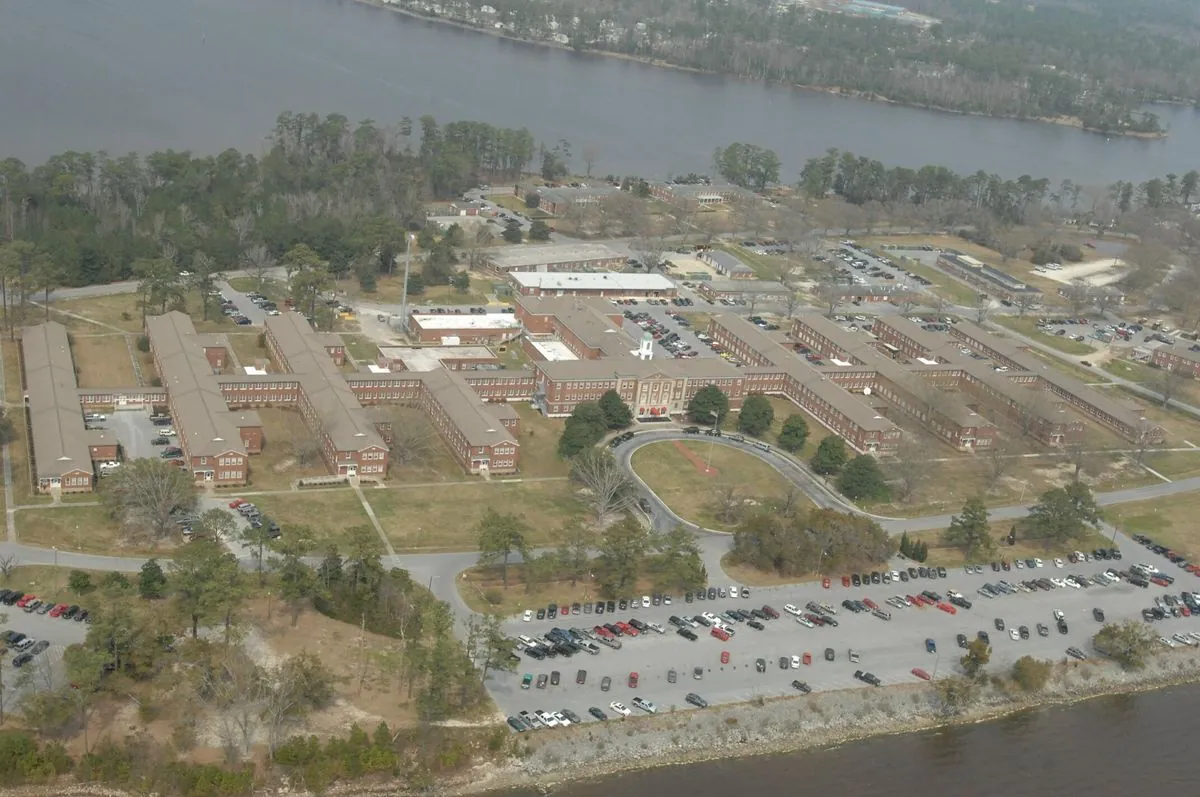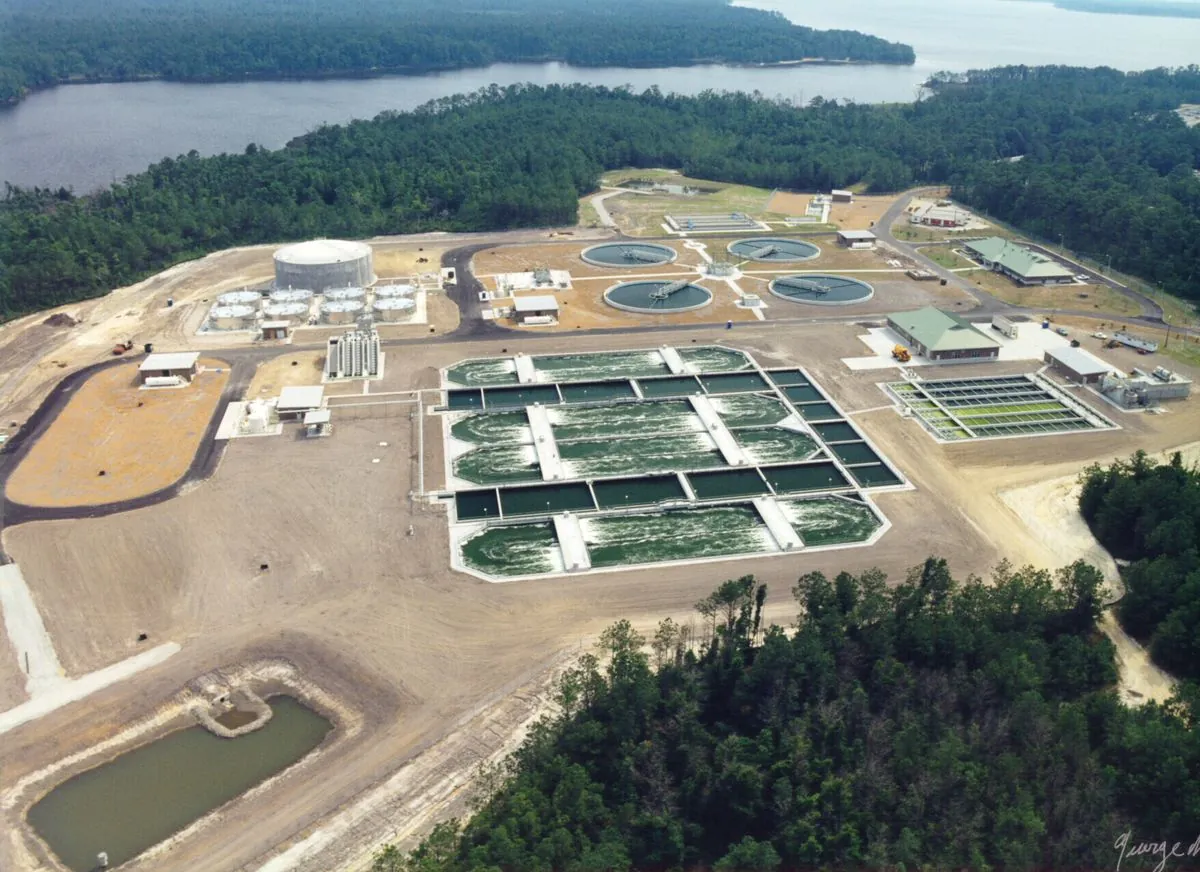Camp Lejeune Water Claims Deadline Looms, Resolution Remains Elusive
As the filing window for Camp Lejeune water contamination claims closes, over 385,000 cases await resolution. The unique legal process and slow progress have led to frustration among victims and lawmakers.

The deadline for filing claims related to water contamination at Marine Corps Base Camp Lejeune is set to expire on August 10, 2024, marking two years since the enactment of the Camp Lejeune Justice Act. This legislation opened a pathway for individuals affected by the contaminated water to seek compensation from the U.S. government.
Over 385,000 administrative claims have been submitted to the U.S. Navy, potentially making this one of the largest personal injury cases in history. However, progress in resolving these claims has been remarkably slow, with only 154 cases settled to date.
The contamination at Camp Lejeune, located in Jacksonville, North Carolina, spanned more than three decades, from the 1950s to 1987. The U.S. Department of Health and Human Services estimates that up to one million people may have been affected by the toxic chemicals in the base's water supply.

The Camp Lejeune Justice Act, signed by President Joe Biden on August 10, 2022, created a unique legal process for these claims. Unlike typical mass litigation cases that can utilize the federal multidistrict litigation system, Camp Lejeune claims must first go through an administrative process with the U.S. Navy before proceeding to federal court.
This distinctive approach has led to challenges and delays in resolving claims. Currently, about 1,900 lawsuits are pending in the Eastern District of North Carolina, where a panel of four judges is overseeing the cases. The court has ruled that these cases will be decided by judges rather than juries, a decision that has sparked debate among lawmakers and victims' advocates.
"The government is acting like a tobacco company that got sued, fighting the cases at every turn and attempting to resolve them as cheaply as possible."
The slow progress and perceived low settlement offers have led to frustration among claimants and some of the bill's sponsors. In response, Representative Greg Murphy introduced the Camp Lejeune Justice Corrections Act in May 2024, aiming to clarify that cases could be tried before a jury and expand the number of federal courts handling the claims.
As the deadline approaches, many victims, like Kim Ann Callan of Florida, remain in limbo. Callan, who was an infant at Camp Lejeune and later diagnosed with leukemia, emphasizes her desire for accountability over monetary compensation.
The Camp Lejeune water contamination case has had far-reaching implications, leading to changes in how the military handles environmental issues on its bases and sparking debates about the statute of limitations for such claims. It has also been the subject of numerous congressional hearings, documentaries, and books, highlighting its significance in U.S. environmental and military history.
As the legal process continues, the earliest possible start date for trials is projected to be mid-2025. This timeline, coupled with the complexity of the cases, suggests that full resolution of the Camp Lejeune claims may still be years away, leaving many victims and their families in a prolonged state of uncertainty.


































